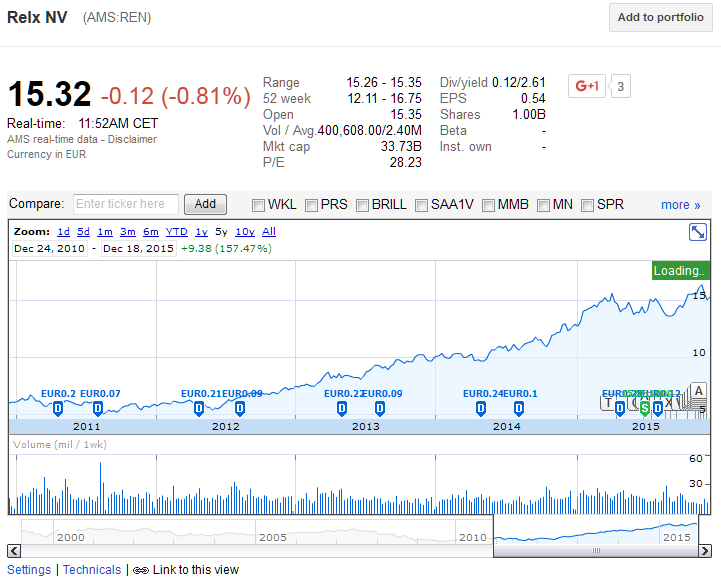I've learned that academics can ensure that their papers can be freely distributed, even when those papers are published at places that require transferring copyright, simply by granting a nonexclusive license to distribute the paper before signing anything with the publisher. Why don't academics use this method to enable broader dissemination of their papers by evading the restrictions that publishers try to impose?
Premise: In the conventional (non-open-access) publishing model, the situation is as follows:
- Researchers write papers.
- Papers get published by publishing companies.
- Publishing companies generate revenue by granting paid access to the papers they publish.
The last item works because ways to get access to a paper without the paid subscription with the publisher are sparse. To ensure this remains so, in return for publishing papers (item 2 in the above list), publishers usually restrict alternative ways of distribution for the paper. For instance, they require exclusive distribution rights, or they require authors to agree to limit redistribution of the paper (e.g., only via one's personal website or in direct communication with other researchers).
From the point of view of researchers, it is certainly counterproductive to restrict access to published works. In cases where this access restriction was coupled with significant subscription fees, this has given rise to initiatives such as Cost of Knowledge. Hence, it seems the publication model of allowing publishers to restrict access to papers is more of a "necessary evil" than an optimal situation.
In another question, it has transpired from an answer by ff524 that in the U.S., there seems to be an easy way to avoid the aforementioned "necessary evil" and evade publishers' restrictions:
there does seem to be a legal basis for the idea that a license granted to the university will persist even if an author later signs a conflicting copyright transfer agreement:
Section 205(e) of the Copyright Act provides that a prior nonexclusive license evidenced in a writing signed by the right holder prevails over a subsequent conflicting transfer of copyright ownership, so the answer appears to turn on whether permission mandates satisfy the requirements of § 205(e).
Concretely, Section 205(e) of the Copyright Act reads:
(e) Priority Between Conflicting Transfer of Ownership and Nonexclusive License.—A nonexclusive license, whether recorded or not, prevails over a conflicting transfer of copyright ownership if the license is evidenced by a written instrument signed by the owner of the rights licensed or such owner’s duly authorized agent, and if—
(1) the license was taken before execution of the transfer; or
(2) the license was taken in good faith before recordation of the transfer and without notice of it.
This seems indeed like a simple enough way to circumvent the distribution restrictions imposed by the publisher.
Note that while that particular question referred to a university-wide open access policy, such an arrangement does not seem necessary to invoke § 205(e). For example, a simple signed declaration such as "I hereby grant perpetual public and unrestricted access to this paper.", or even a printed and signed version of one of the common permissive open source licenses such as a BSD License, or one of the Creative Commons Licenses should suffice, if signed before agreeing to grant any rights to a publisher.
Restrictions by publishers on prior publications do not conflict with this, either, because authors can sign a non-exclusive license without making the work immediately available.
This leaves me with the following facets of what I perceive as one big question:
If it is so easy to "disable" distribution restrictions imposed by publishers,
- what do authors gain from agreeing to transfer exclusive rights to publishers without preventing that rights transfer?
- why hasn't everyone (at least everyone subject to the respective jurisdiction) preemptively disabled these exclusive licenses to publishers for years?
- why hasn't the whole traditional publication market in the U.S. collapsed already?
As a bit of a clarification: This question is not asking why researchers publish in particular (e.g. highly reputable) venues. This question is asking why researchers accept the licensing restrictions imposed by such venues, even though there seems to be an easy way to avoid these restrictions without switching publication venues. Hence, while prestige or reputation of publication venues are valid answers to questions that deal with changing publication venues, they cannot possibly be an answer to this question.

